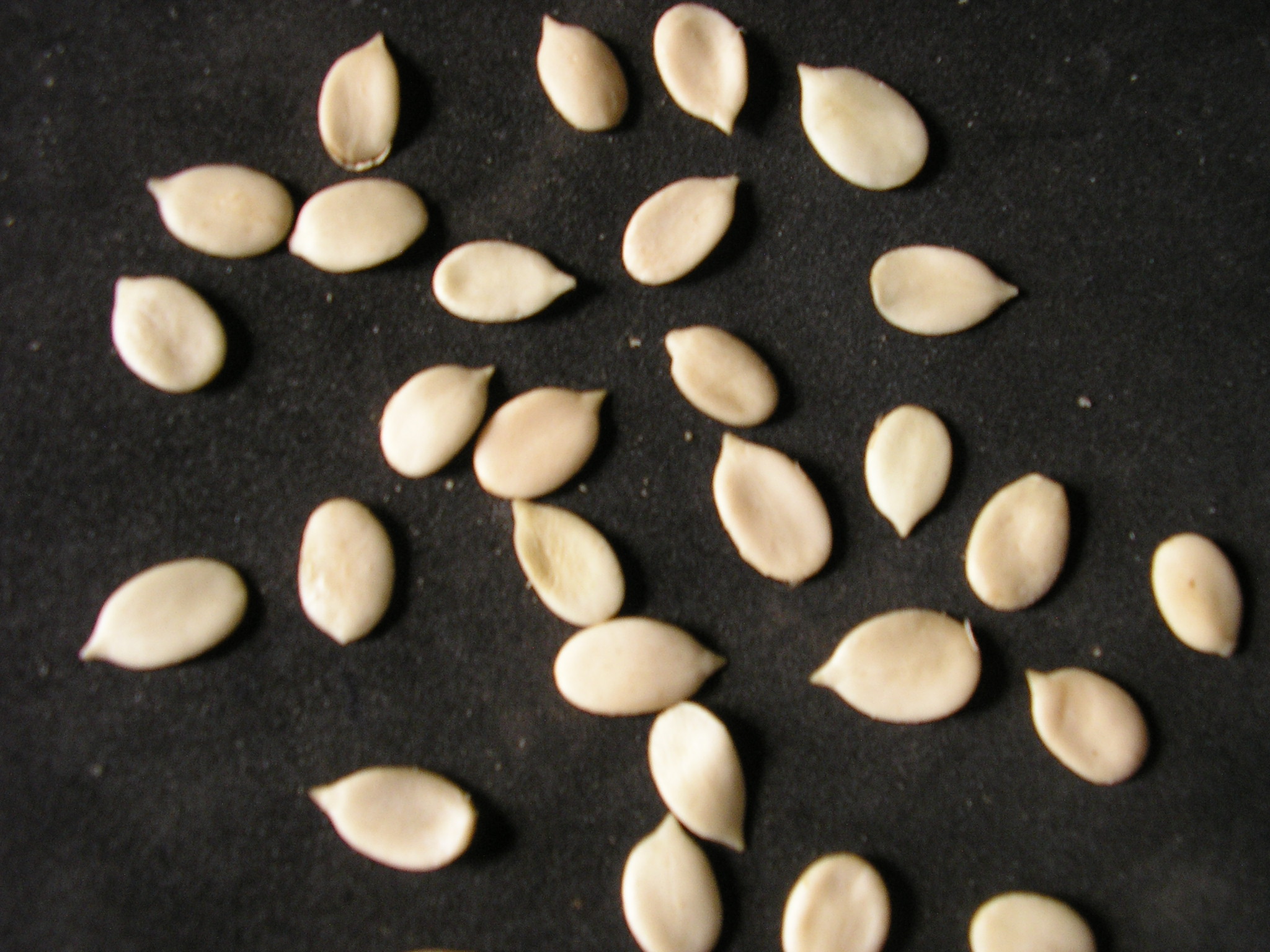5 Ways To Practice Gratitude In Your Life

In an age of perpetual scrolling and ambient discontent, gratitude might seem like a quaint relic from self-help seminars or Thanksgiving platitudes. Yet, as psychologists and neuroscientists increasingly attest, cultivating thankfulness isn't just feel-good fluff; it's a rigorous mental discipline with tangible benefits.
Research, including foundational work by Robert Emmons and Michael McCullough in their 2003 study "Counting Blessings Versus Burdens," published in the Journal of Personality and Social Psychology, demonstrates that regular gratitude practice can rewire the brain, reducing stress and enhancing emotional resilience.
It's not about ignoring life's thorns but about deliberately tending to the roses amid them. This essay explores five practical ways to embed gratitude into daily life, drawing from both ancient wisdom and modern research. Crucially, these methods encourage us to shift focus from others' flaws, those nagging imperfections that erode relationships—to their inherent gifts, fostering deeper connections and personal peace.
The Relational Gratitude Notebook

Image Credit: Unsplash
The first way is to maintain a gratitude notebook dedicated to the people in your orbit. Unlike a generic journal where you jot down three things you're thankful for each day (a fine start, but often superficial), this specialized ledger transforms interpersonal dynamics. For each person: family, friends, colleagues, even acquaintances—create an entry.
Note specific qualities or actions that enrich your life: the way your sister fries eggs to your taste, or how a coworker shares credit on projects. The key is specificity; vague entries like "I'm grateful for my friend" pale against "I'm grateful for Toyosi’s unflinching honesty during my tough decisions last month." This practice counters our brain's negativity bias. the evolutionary hangover that amplifies faults while dimming virtues.
By documenting positives, you train your mind to overlook shortcomings, not out of denial, but through abundance. Over time, this notebook becomes a relational archive, a bulwark against resentment. Imagine flipping through it during a spat; suddenly, your partner's forgetfulness seems trivial next to their steadfast support.
In Emmons and McCullough's 2003 experiment, participants who reflected weekly on blessings reported higher well-being compared to those focusing on hassles or neutral events. Proving that gratitude isn't passive, it's an active reframing.
The Ten-Minute Task Ritual
A second approach involves normalizing small acts of service by asking those around you for one little thing you can help with, like a "ten-minute task", and doing it for anyone of your choice, once a week.
This could be as simple as running an errand for a neighbor, organizing a colleague's desk, or helping a friend with a quick tech fix. The act itself takes no more than ten minutes, but inquiring sincerely about their needs, builds empathy and appreciation.
When they share, listen without judgment, focusing on how your contribution eases their load rather than critiquing their disorganization or demands. This method draws from research on kindness interventions, such as a 2021 study by Jesus Alfonso Datu and colleagues, which found that performing acts of kindness alongside gratitude practices boosted life satisfaction and positive emotions during the COVID pandemic.
By helping weekly, you dismantle self-centeredness, recognizing others' vulnerabilities as mirrors of your own, without dwelling on their flaws. Over months, it erodes isolation, as recipients often reciprocate, creating upward spirals of mutual thankfulness.
Expressive Acts of Appreciation

Image Credit: Unsplash
Third, practice gratitude through expressive acts, like writing thank-you letters or voicing appreciation aloud. This isn't the obligatory post-gift note; it's unsolicited and heartfelt. Select someone every three months and articulate your thanks.
Handwritten letters carry weight, as psychologist Sonja Lyubomirsky notes in her 2008 Penguin Press published book "The How of Happiness,". Hand written letters create a ripple, the recipient feels valued and this goes on to strengthen bonds. Verbally, make it routine: at dinner, share one thing you're grateful for about each family member.
The discipline lies in sidestepping unnecessary critiques; if tempted to say, "I'm grateful for your help, but wish you'd do it faster," excise the caveat. This fosters what researchers call "upward spirals" of positivity, where expressed gratitude begets more kindness.
In a world rife with performative vulnerability on social media, authentic expression cuts through noise. Consider the late television host, Fred Rogers, who in his PBS acceptance speech thanked supporters by name, modeling how gratitude honors others' contributions without dwelling on their lapses. Over time, this habit erodes grudges, revealing that focusing on strengths doesn't blind us to weaknesses—it humanizes them.
Extending Grace Through Self-Reflection
A fourth way is to cultivate gratitude by extending grace, which involves self-mirroring flaws: When someone does something you don't like, pause and ask yourself, "Have I done this before?" This introspection tempers reactions, allowing you to correct others gently without overreacting to offenses.
For instance, if a friend interrupts you, recall your own lapses in listening to others, then respond with understanding rather than accusation. This practice echoes self-compassion theories, as explored in a 2023 study by Jeffrey G. Parker and colleagues, which linked higher grace and self-compassion to greater marital satisfaction.
By acknowledging shared humanity, you shift from resentment to empathy, appreciating others' efforts despite imperfections.
In polarized times, where minor slights escalate into rifts, this ritual curbs overreactions, fostering forgiveness. Ultimately, extending grace isn't excusing harm but letting go of the little things.
Practicing Self Gratitude and Self Love!
Finally, cultivate self-gratitude and self-love. Constant self-criticism, nagging your flaws, pushing yourself to exhaustion, or magnifying your mistakes, erodes your capacity to appreciate others.
Instead, dedicate time weekly to reflect on your strengths and efforts. Say something to yourself, celebrating small wins: “I’m grateful for my persistence in finishing that project despite doubts.” Or, during quiet moments, affirm your growth—be proud of how you navigated a tough day.
Self-compassion practices, including gratitude for one’s efforts, reduces self-criticism and boosts emotional resilience. This isn’t narcissism but a recalibration: By appreciating your own humanity, you’re better equipped to see others’ light, not their shadows.
In a culture that glorifies hyper-ambition and self-scrutiny, self-gratitude is radical, dismantling the inner critic that fuels judgment of others.
Conclusion
In sum, these five practices; gratitude journaling, ten-minute tasks, expressive thanks, extending grace, and self-gratitude, form a robust gratitude toolkit.
Finally, if you show gratitude to people who don’t show gratitude to you, perhaps it’s time to rethink your approach. Reciprocity is key.
You may also like...
Super Eagles Converge in Uyo as Crucial World Cup Qualifiers Against Rwanda & South Africa Loom!
)
The Super Eagles have opened their camp in Uyo, with key players arriving for critical 2026 FIFA World Cup qualifiers ag...
Nigeria's Super Falcons Reign Supreme, Clinching 10th WAFCON Title Amidst Fanfare!
)
The Super Falcons of Nigeria clinched their record-extending 10th Women's Africa Cup of Nations (WAFCON) title with a dr...
Cumberbatch & Colman Ignite 'The Roses': Critics Raving About Hilarious, Heartbreaking Divorce Comedy

Jay Roach's new dark comedy "The Roses," starring Olivia Colman and Benedict Cumberbatch, explores the modern dissolutio...
Dwayne 'The Rock' Johnson's Emotional Triumph: 'The Smashing Machine' Stuns Venice, Ignites Oscar Buzz

Benny Safdie's "The Smashing Machine" features Dwayne Johnson in a critically acclaimed, transformative role as MMA figh...
Afrobeats Dominance: Burna Boy, Davido Lead AFRIMA 2025 Nominations

The 2025 All Africa Music Awards (AFRIMA) nominations have been announced, featuring a record-breaking 10,717 entries an...
Live Aid: The Controversial Legacy of the Biggest Charity Concert

Live Aid, the historic 1985 bicontinental concert, was a monumental effort to combat the Ethiopian famine, raising milli...
Bianca Censori's Bold & Unfiltered Persona: Nude Photos & Kanye's Power Play

Bianca Censori's controversial fashion choices and public appearances with husband Kanye West continue to draw headlines...
The Power Couple's Next Chapter: Taylor Swift & Travis Kelce's Wedding Bells Ring Loud!

Pop superstar Taylor Swift and NFL tight end Travis Kelce have officially announced their engagement, confirming their j...




